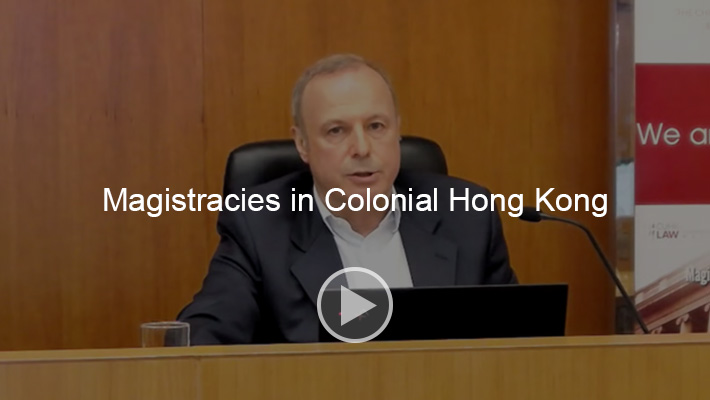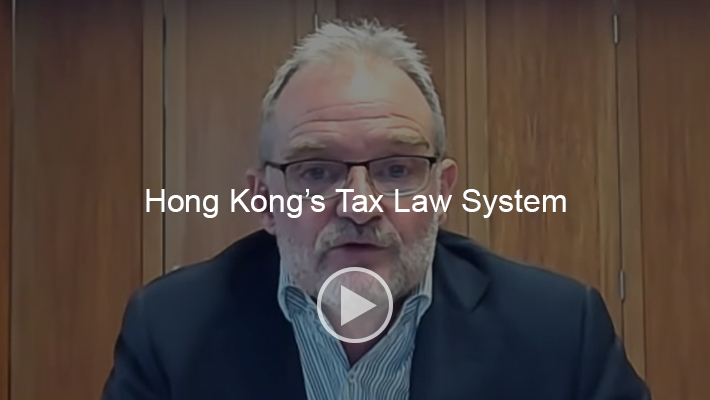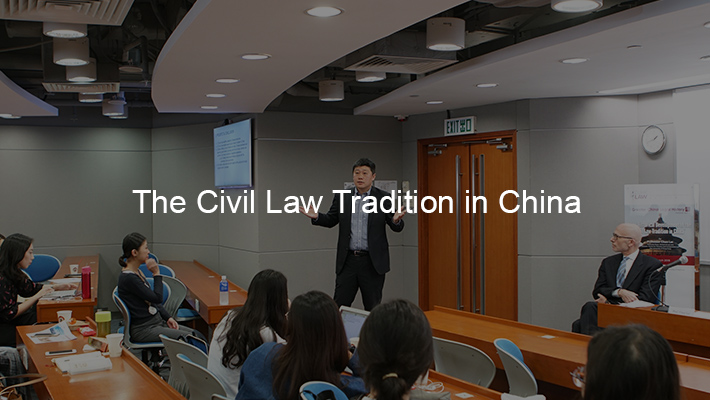
Abstracts:
A long-held belief in Chinese legal and business history is that the non-development of capitalism – as well as a commercial legal system that underpins it – in imperial China has to do with the nature of traditional Chinese businesses. According to Fairbank (1992), ‘[b]usiness was a segment of the whole web of friendship, kinship obligations, and personal relations that supported Chinese life’. Put it more bluntly, businesses were but a commercialized form of family relations. This talk sheded some light on how Chinese entrepreneurs innovated and created business forms in the face of ‘double jeopardy’ – both cultural and official hostility toward commerce. It highlights the constant tensions between business, culture, and law/norms in the traditional Chinese context.
Biographies: Chao XI is Professor at the Faculty of Law, The Chinese University of Hong Kong, where he concurrently serves as Assistant Dean (Graduate Studies) and Director of the Master of Laws Programmes. He also directs the Chinese Law Program of the Hong Kong Institute of Asia-Pacific Studies (HKIAPS), CUHK. He specializes in comparative corporate law, securities regulation, and financial regulation, with a particular focus on the case of China. His research has received significant funding support from the Hong Kong SAR Government Research Grants Council, the PRC Ministry of Education, and the Sumitomo Foundation. He is also a Member of the Chartered Institute of Arbitrators (CIArb).
Chao XI is Professor at the Faculty of Law, The Chinese University of Hong Kong, where he concurrently serves as Assistant Dean (Graduate Studies) and Director of the Master of Laws Programmes. He also directs the Chinese Law Program of the Hong Kong Institute of Asia-Pacific Studies (HKIAPS), CUHK. He specializes in comparative corporate law, securities regulation, and financial regulation, with a particular focus on the case of China. His research has received significant funding support from the Hong Kong SAR Government Research Grants Council, the PRC Ministry of Education, and the Sumitomo Foundation. He is also a Member of the Chartered Institute of Arbitrators (CIArb).
The Hong Kong Law Society has awarded this seminar 1.5 Continuing Professional Development (CPD) points.








































